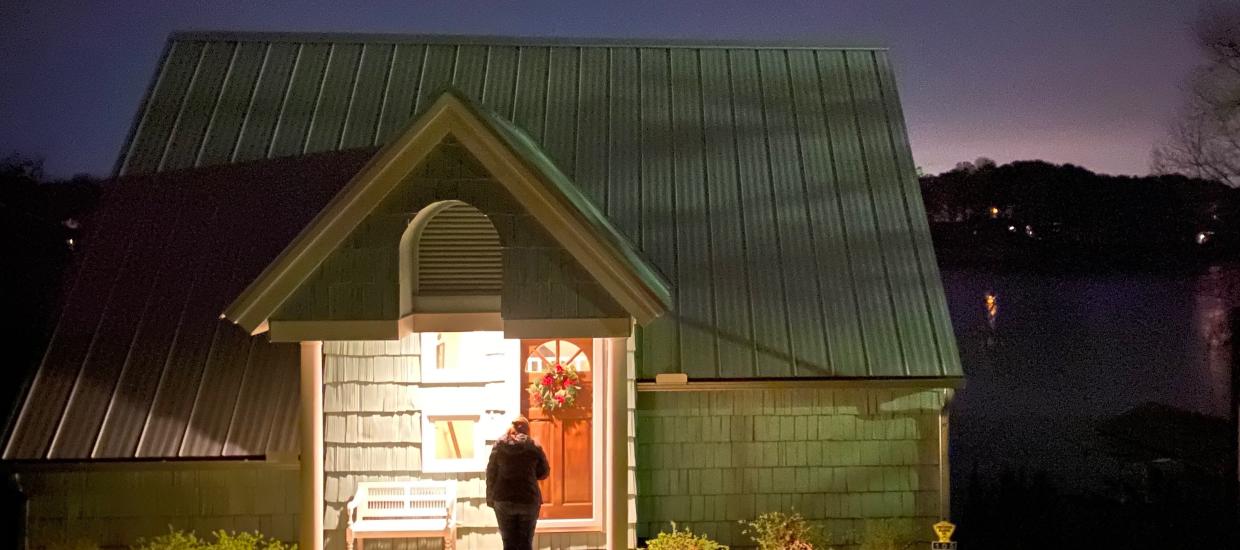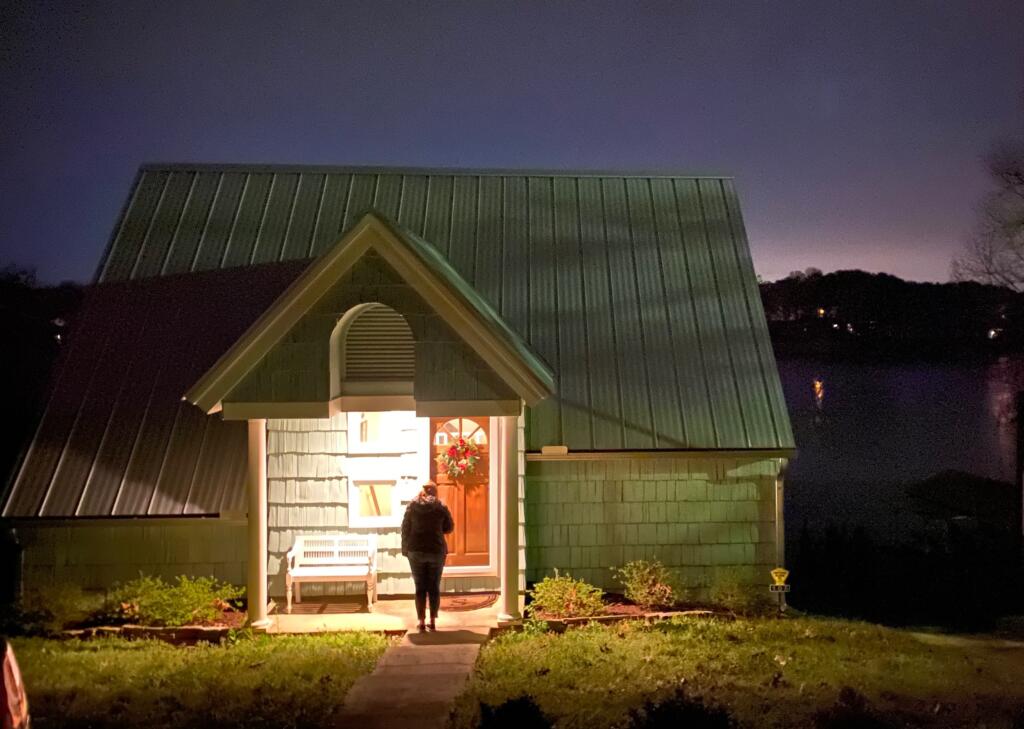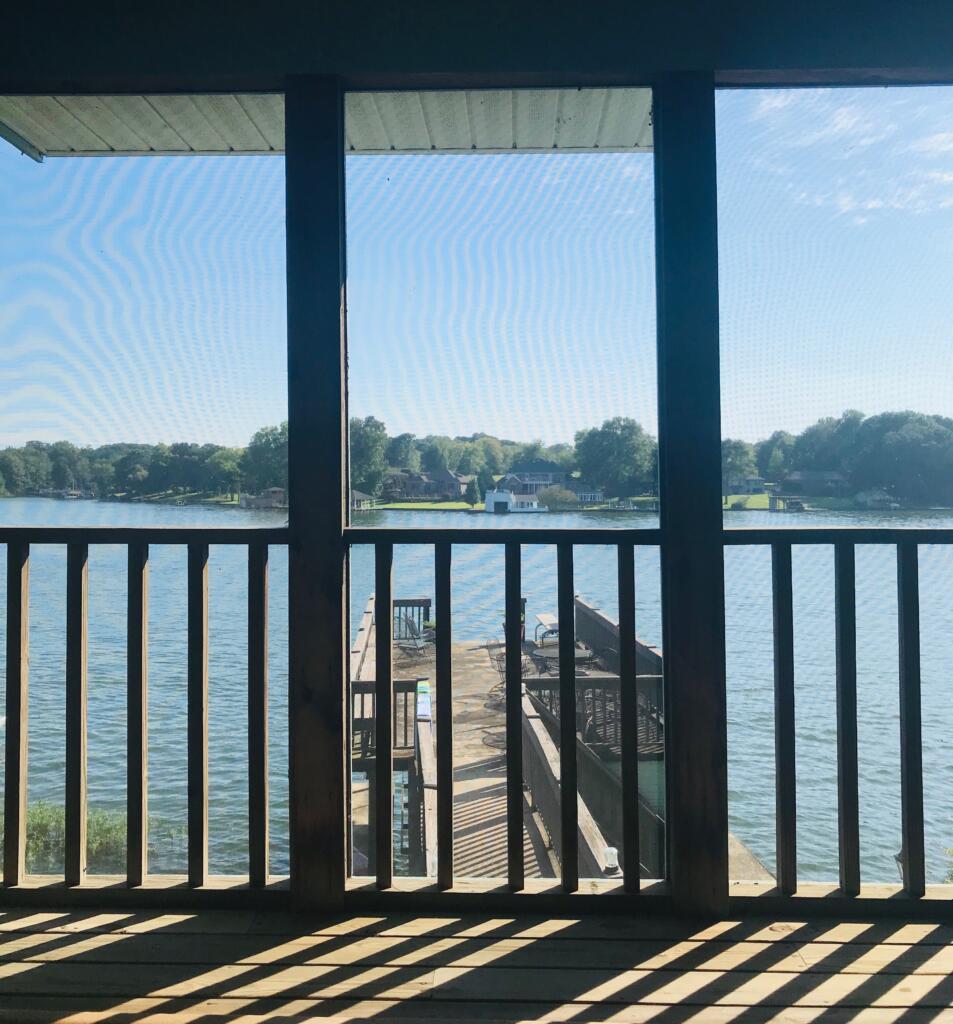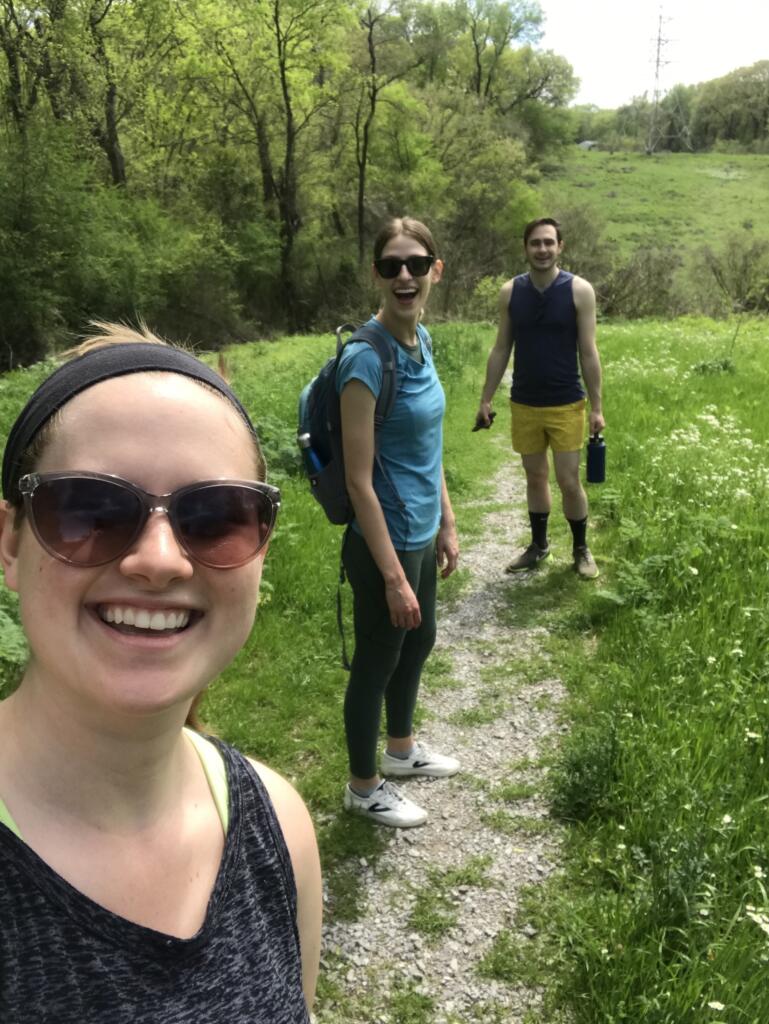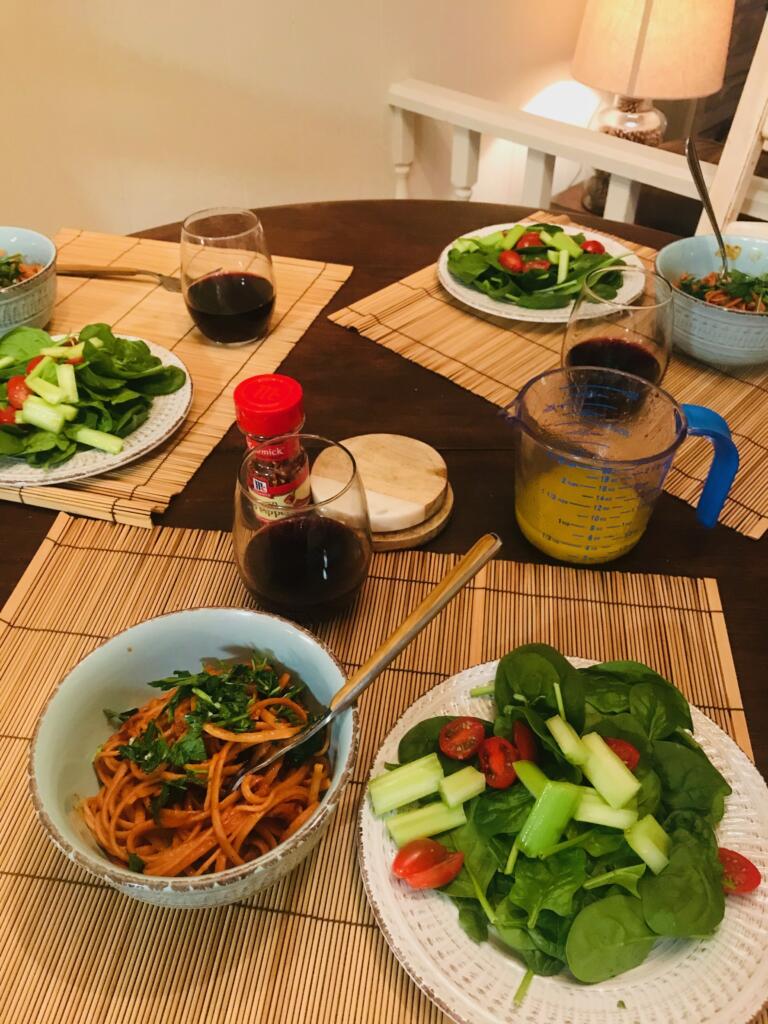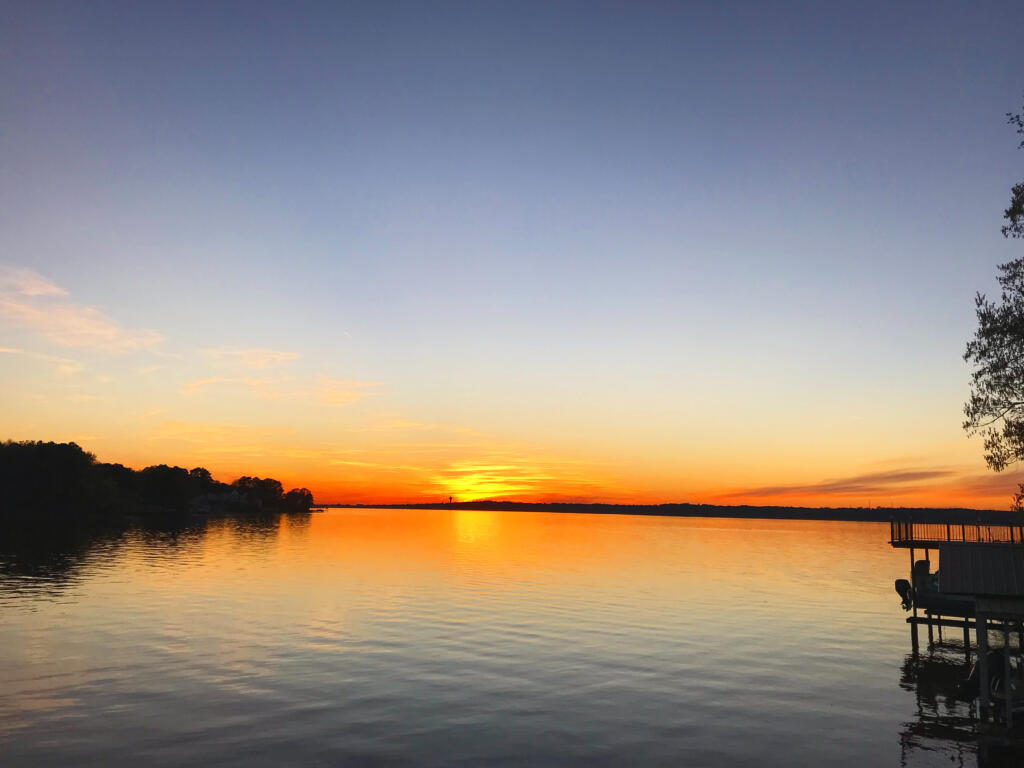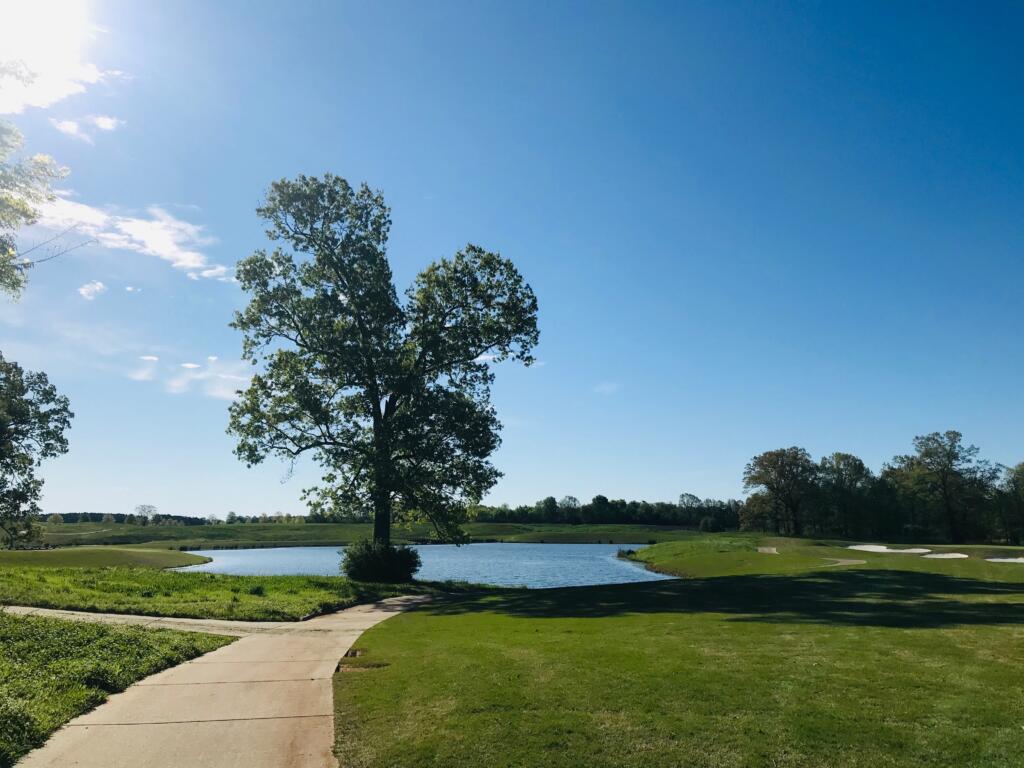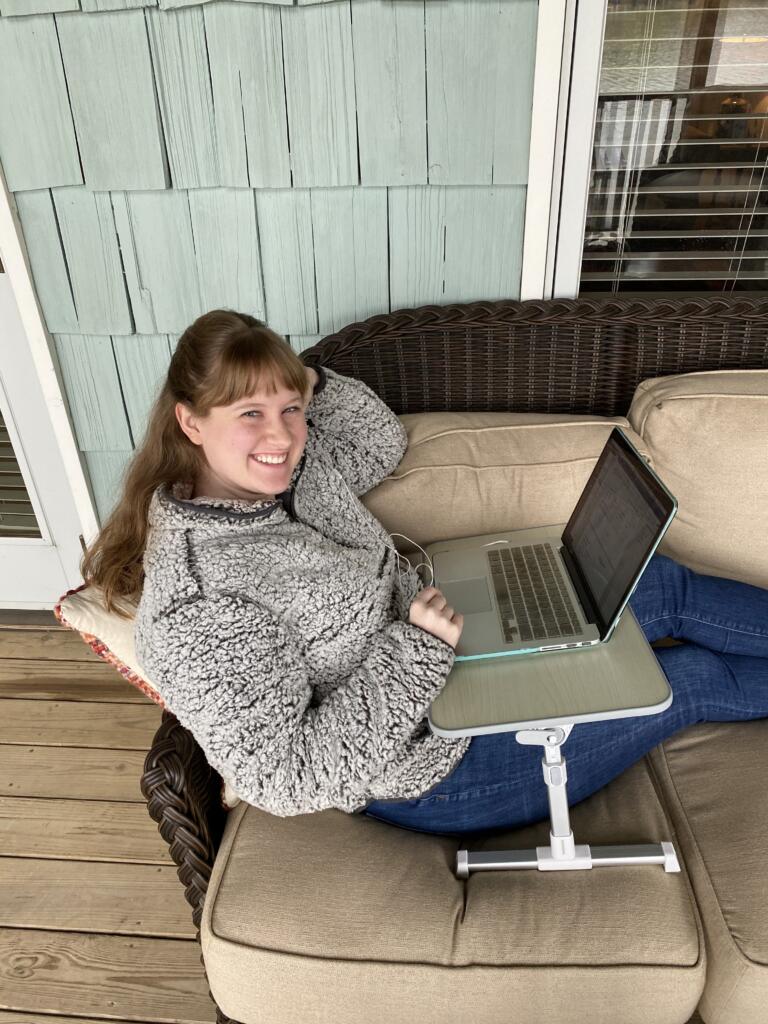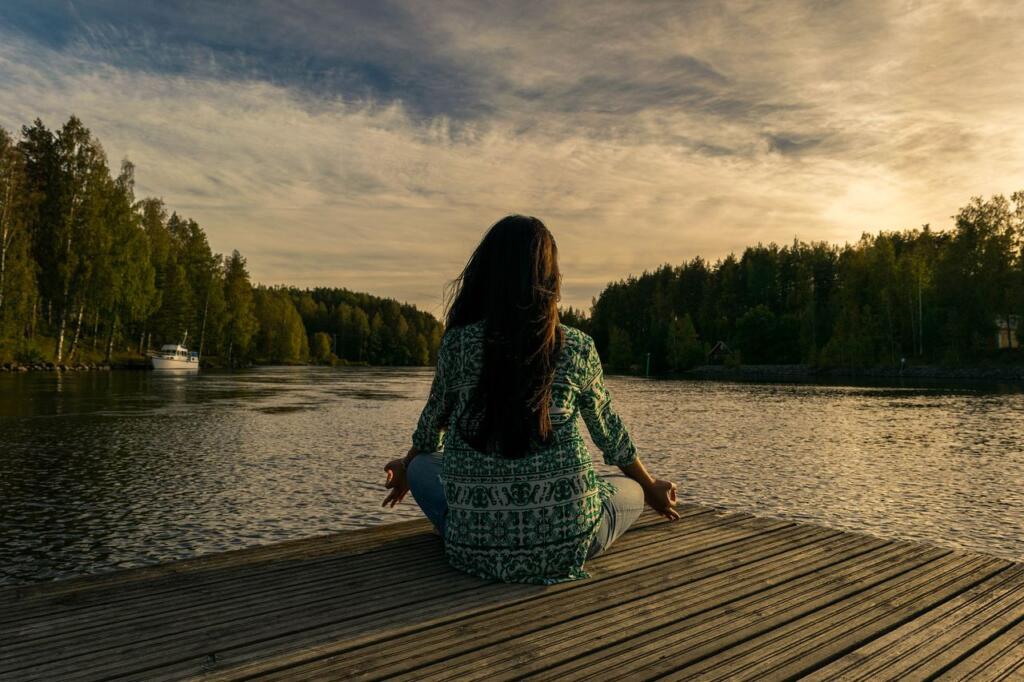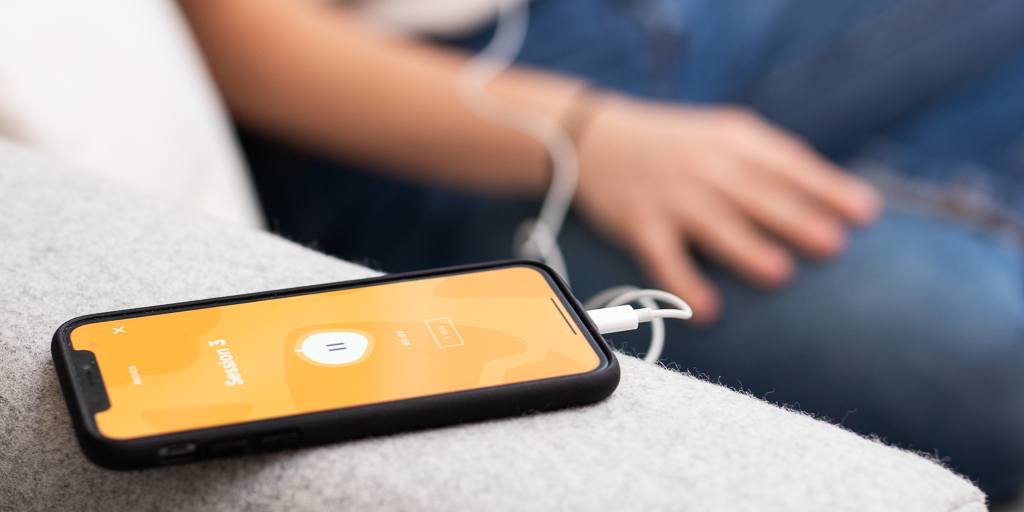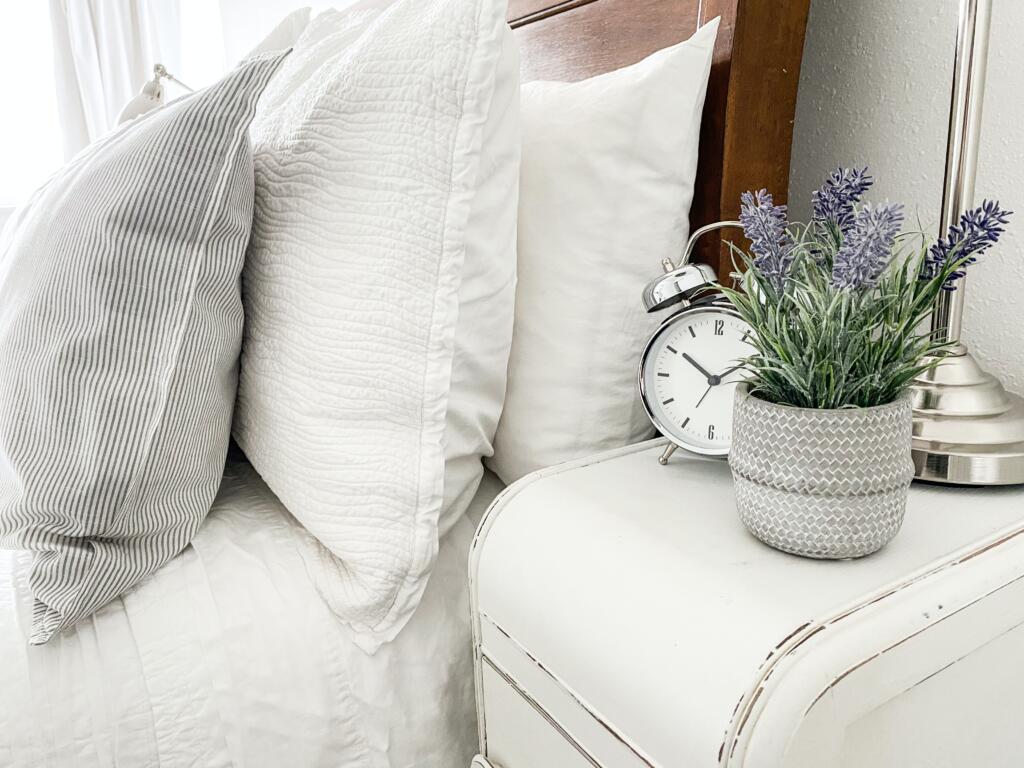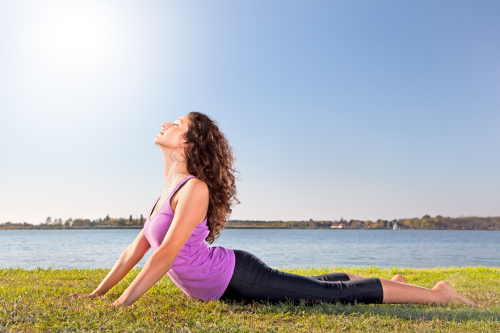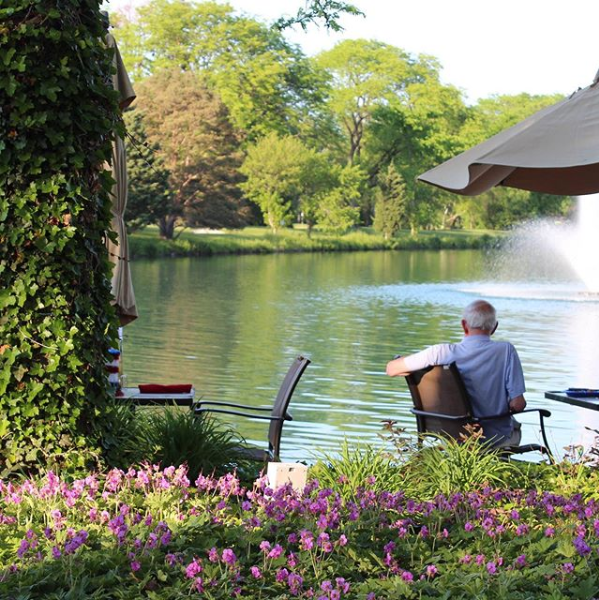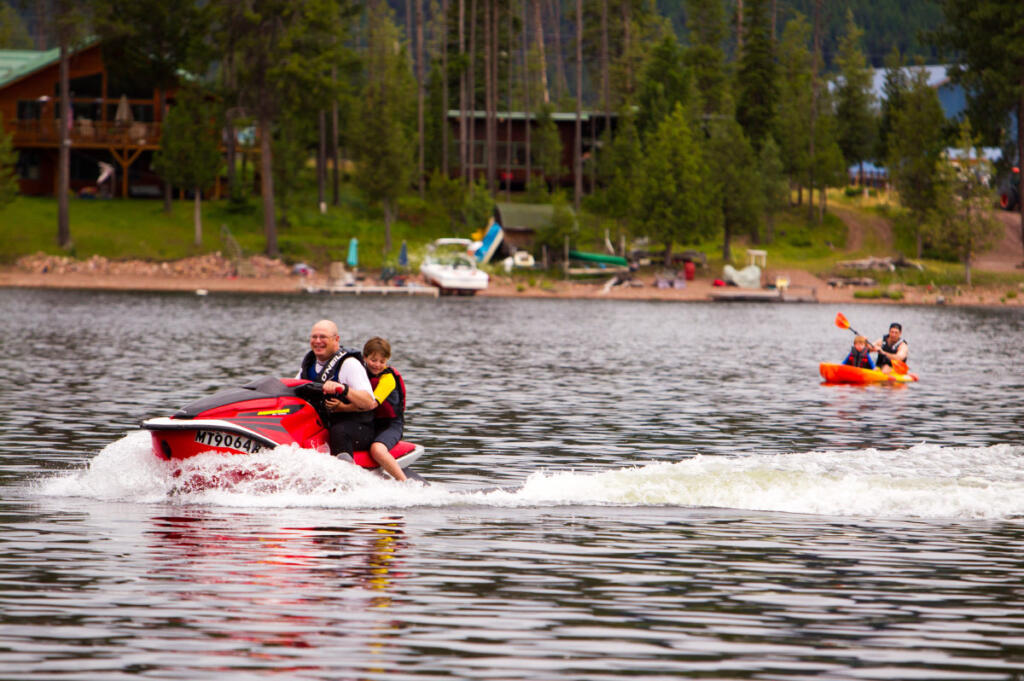Estimated reading time: 7 minutes

On Lake Homes Lifestyles, we’ve written extensively about the positive effects of lake living on mental health. Researchers agree that living on or near the water promotes the Blue Mind Effect, a meditative state that is characterized by a sense of calm, peace, and tranquility. This effect is believed to be a result of the soothing sounds and sights of water, which can reduce stress and anxiety, increase serotonin levels, and boost creativity. However, according to a report by the National Association of REALTORS®, mental health wellness goes beyond the Blue Mind Effect or simply enjoying oneself at the lake. Home remodeling, a multi-billion dollar industry, is shown to contribute to homeowners’ overall sense of happiness. The report calculated factors such as the homeowner’s sense of accomplishment, such as completing a challenging project or seeing a vision come to life, and increased enjoyment into a ranking system called the Joy Score.
Joy Score Methodology
The ranking system of 1 through 10, known as the Joy Score, is calculated by combining the share of those who were happy and those who were satisfied when seeing their completed project and dividing the share by 10. This score measures the emotional satisfaction and happiness homeowners experience after completing a remodeling project. Higher scores indicate greater joy. – NAR Remodeling Impact Report
Here are the top interior remodeling projects with the highest Joy Score.
Paint Job
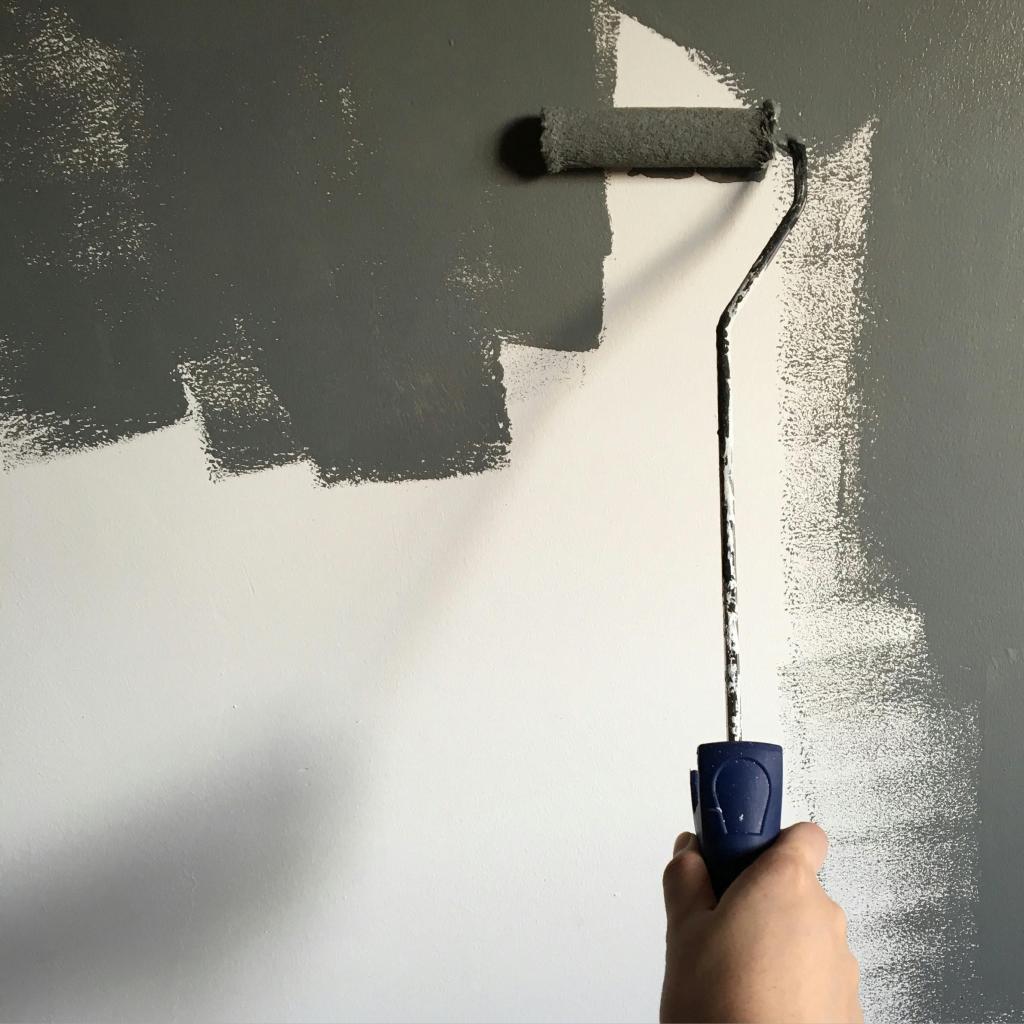
Whether you’re looking to update your dreary interiors with a fresh coat of color or spruce up a room with a lake-inspired accent wall, painting is one of the simplest home remodel projects. Many homeowners choose to tackle paint projects on their own, while others hire professional help. Nonetheless, this task ranks highest out of all projects, with a Joy Score of 10 points. So before you think about putting off painting that room, the joy and satisfaction that comes along with it might be a well-deserved return on investment. Here’s the Joy Score data analysis for the home interior paint project:
Paint Entire Interior Home
- 88% of homeowners have a greater desire to be at home since completing the project
- 83% have an increased sense of enjoyment when they’re at home
- 65% feel a major sense of accomplishment when they think of the project
Paint One Interior Room
- 73% of homeowners have a greater desire to be at home since completing the project
- 63% have an increased sense of enjoyment when they’re at home
- 67% feel a major sense of accomplishment when they think of the project
Add a New Home Office

During the COVID-19 pandemic, many office spaces became empty as many people were required to quarantine and work from home. This shift gave way to the rise of home office remodel projects. Even today, years after the height of the pandemic, these renovations and additions remain popular as homeowners strive to find a balance between work and home. Adding an office improves a home’s functionality and liveability and contributes to the homeowner’s overall satisfaction and happiness. Here’s the complete Joy Score data analysis for adding a new home office:
- 91% of homeowners have a greater desire to be at home since completing the project
- 73% have an increased sense of enjoyment when they’re at home
- 55% feel a major sense of accomplishment when they think of the project
Add New or Refinish Hardwood Floors

A once immaculately smooth hardwood floor will eventually lose its luster and become dull, riddled with scratches and scuff marks. Whether refinishing existing floors or adding brand-new ones, this renovation project is one of the most common for lake homeowners.
While costs vary depending on factors such as labor, size of the space, and materials used, replenishing hardwood floors typically have the highest percentage cost recovered. Moreover, 22% of REALTORS® recommend this remodel project before selling. Homeowners have reported tremendous satisfaction upon completing the project. Here’s the Joy Score data analysis for hardwood floor remodels:
Hardwood Flooring Refinish
- 100% of homeowners have a greater desire to be at home since completing the project
- 64% have an increased sense of enjoyment when they’re at home
- 64% feel a major sense of accomplishment when they think of the project
New Wood Flooring
- 90% of homeowners have a greater desire to be at home since completing the project
- 77% have an increased sense of enjoyment when they’re at home
- 61% feel a major sense of accomplishment when they think of the project
Closet Renovation
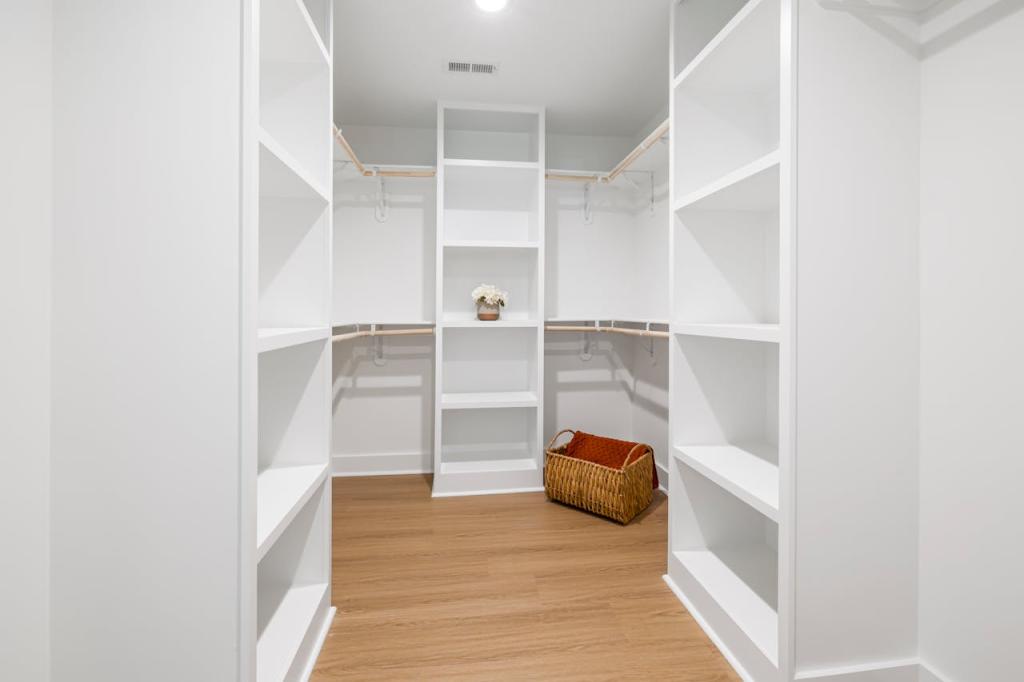
Whether adding more practical storage solutions or remodeling an entirely new space, redoing a closet can completely transform your home and your entire daily routine. 46% of homeowners reported that this upgrade provided better functionality and livability to the house, leading to less stress and greater satisfaction and happiness. The NAR ranks closet renovation with a 10 on the Joy Score scale. Here’s a complete Joy Score data analysis for closet renovation:
- 79% of homeowners have a greater desire to be at home since completing the project
- 61% have an increased sense of enjoyment when they’re at home
- 61% feel a major sense of accomplishment when they think of the project
Insulation Upgrade

According to the North American Insulation Manufacturers Association (NAIMA), 89% of single-family homes in the U.S. are under-insulated. That said, insulation upgrades are one of the top projects homeowners turn to for home cost-saving measures. Furthermore, home insulation upgrades are among the top projects that yield the highest percentage of recovered costs. Regarding emotional satisfaction, insulation upgrade projects have a Joy Score of 10 and round out our countdown at number five. Here is the Joy Score data analysis for insulation upgrades:
- 85% of homeowners have a greater desire to be at home since completing the project
- 62% have an increased sense of enjoyment when they’re at home
- 69% feel a major sense of accomplishment when they think of the project
Whether you’re tackling a straightforward project or a complete renovation overhaul, there is an emotional aspect that impacts the lake homeowner’s mental wellness. Are you ready to tackle your lake home remodel project? Check out these home improvement articles and tips HERE.
In this article, we included only the top 5 projects with the highest Joy Scores. Here is the entire list of projects on the Joy Score scale:
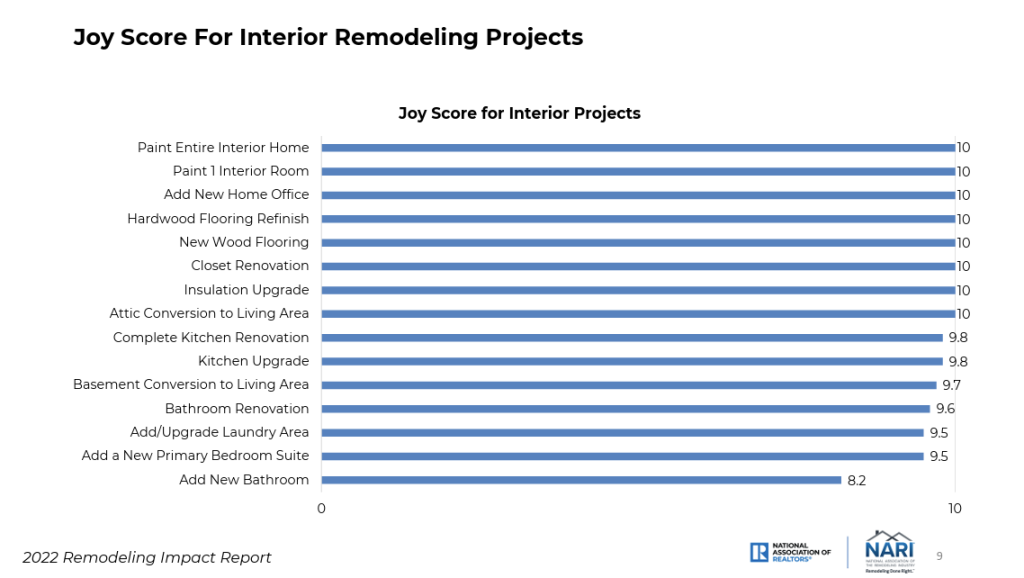
Want to learn more about the Joy Score? Access the full report HERE.


